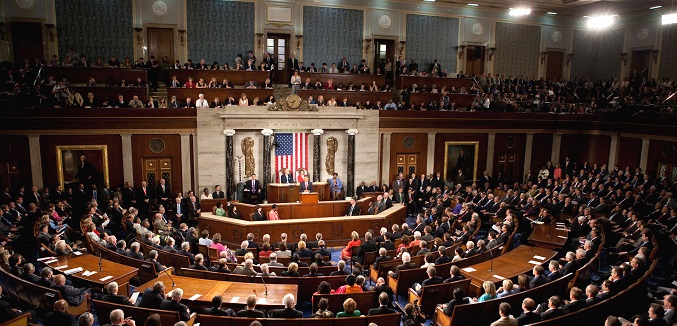Journalists and analysts yesterday scrambled to clarify the details of Senate legislation – first leaked Wednesday night but formally introduced only mid-Thursday – that would heighten sanctions on Iran if it violated the terms of the recently signed Joint Plan of Action (JPA) during an upcoming six month negotiation period, or if it did not agree by the end of that period to put its nuclear program beyond use for weaponization. Initial media accounts of the legislation’s language were confused. The law’s wording was first leaked as part of a generally unfavorable article posted Wednesday night to Foreign Policy magazine’s The Cable blog, but that account was marked – per a quickly-posted correction – by “several factual errors,” including an implication that the bill “authorize[d] military force against Iran.” Early speculation also had the law immediately implementing sanctions against Iran and thus violating the JPA, a reading that turned out to be flatly wrong. The bipartisan group of twenty-six Senators co-sponsoring the Nuclear Weapon Free Iran Act of 2013 – thirteen Democrats and thirteen Republican – formally unveiled the bill Thursday afternoon. A subsequent release quoted Sen. Mark Kirk (R-IL) and Sen. Robert Menendez (D-NJ) describing the legislation.
“The American people rightfully distrust Iran’s true intentions and they deserve an insurance policy to defend against Iranian deception during negotiations,” Sen. Kirk said. “This is a responsible, bipartisan bill to protect the American people from Iranian deception and I urge the Majority Leader to give the American people an up or down vote.”
“Current sanctions brought Iran to the negotiating table and a credible threat of future sanctions will require Iran to cooperate and act in good faith at the negotiating table,” said Sen. Menendez, Chairman of the Senate Foreign Relations Committee. “The Iranians last week blamed the Administration for enforcing sanctions; now, they criticize Congress. The burden rests with Iran to negotiate in good faith and verifiably terminate its nuclear weapons program. Prospective sanctions will influence Iran’s calculus and accelerate that process toward achieving a meaningful diplomatic resolution.”
The White House today explicitly threatened to veto the legislation should it come to President Barack Obama’s desk.
[Photo: Lawrence Jackson / WikiCommons]




